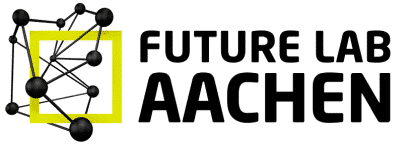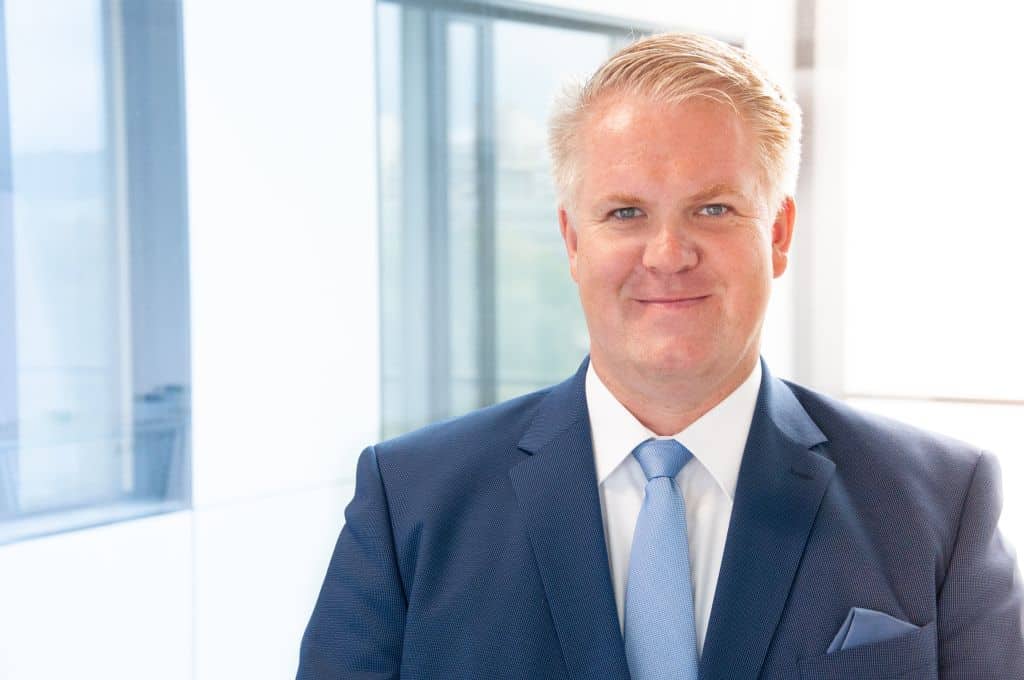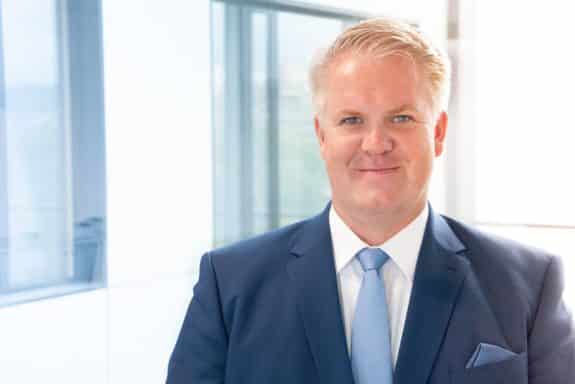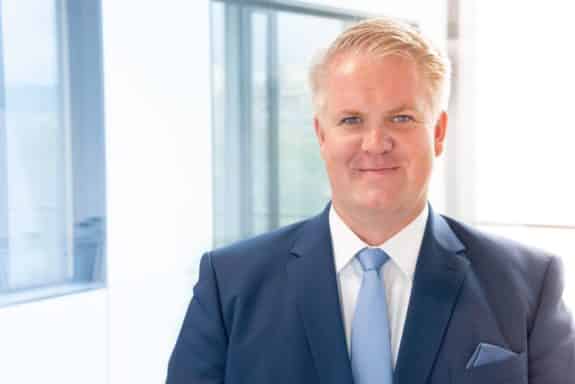SMEs (small and medium-sized enterprises), in particular, often lack the financial means and capacity to purposefully pursue research and development. As a result, they tend to lag behind in picking up on important technological developments. In the field of machine tooling, this is where the WBA Tooling Academy Aachen comes to the rescue. It functions as an umbrella organisation of currently more than 80 member enterprises under which joint research projects are organised and carried out – to the benefit of all members. This is a case where competitors – at least temporarily – become the best of friends.
Prof. Wolfgang Boos explains what the work of the WBA looks like in reality. Since he’s the boss, he is eminently equipped to do so.
WBA Tooling Academy Aachen – that sounds a bit like further education…
In fact, further education and industrial consultancy are indeed the WBA’s core business areas. What we offer are tailored training formats for junior staff and management personnel in the machine tooling sector. And if companies have specific questions on their way towards industrial machine tooling, our experts are here provide competent support. But what’s particularly important is the field of consortial research.
What does that mean?
The members of the WBA Community meet regularly and agree on collaborative projects – for example on the topic of trend scouting, or benchmarking current machine tooling topics, or also joint research projects.
And what role do you play in all this?
With its specific methodological know-how in one-off and small-batch production, the WBA can be a very useful partner for all SME manufacturing companies, especially in the development and prototype stages, because in our Center – with the entire process chain and all the machinery for tooling at hand – prototypes of new products can be produced very quickly.
So, in your centre, competitors are collaborating on research into a common field – how does that work out in practice?
Well, at the beginning of their collaboration, the WBA members set rules to make the joint research within the community possible – in spite of the competitive situation. And this has sometimes resulted in impressively creative solutions. Quite simply, their interest in collaboration and the associated hope for a better result have become much stronger than the competitive mindset which, sadly, still exists in some enterprises. What our members have realised is that the competition facing German machine tooling is primarily located abroad, in Eastern Europe and Asia, and that the common objective here must be to systematically strengthen the location Germany – and with it their own individual companies.
This all really fits perfectly to Campus Melaten, where the WBA is located – and where collaboration of partnerships of convenience between interdisciplinary teams of scientists and industrial consortia is the flavour of the day. You moved into the Cluster Produktionstechnik in 2017 – have you settled in well by now?
We certainly have – very well, in fact. It was only through moving here that we could bring our unique WBA World and our Demonstration Tool Shop together under a single roof, so now we can exploit the full potential of our concept. The WBA World, in particular, where the latest technologies and products can already be presented in the development stage, enables the WBA members and prospective members to discuss the individual challenges facing industrial machine tooling and to initiate new projects.
What would you say has changed in the machine tooling sector since the WBA was founded in 2010?
The fundamental change towards industrial machine tooling continues to be the central issue in the sector. This change is supported by the possibilities offered through digitalisation and networking – catchword: Industry 4.0. This means the deployment of intelligent tools and self-optimising production of machine tool components. The developments that have come out of additive manufacturing – like 3D printing of components or even of complete tools – is still often a cause for concern in the sector, although analyses of such processes by the WBA Community indicate that they should actually be viewed more as thoroughly reasonable means of process support and not as an existential threat.
More about the WBA
More about the RWTH Aachen Campus
5th December 2018





